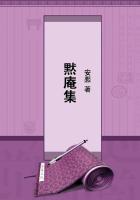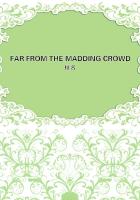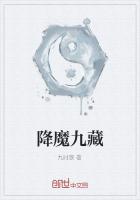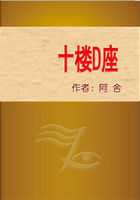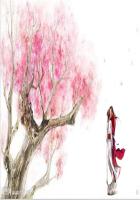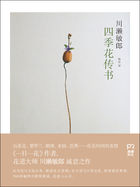"I fancied in my vision that you stood there," he said, pointing to where she had paused. "I did not see you directly, but reflected in the glass. I thought, what a lovely creature! The design is for once carried out. Nature has at last recovered her lost union with the Idea! My thoughts ran in that direction because I had been reading the work of a transcendental philosopher last night; and I dare say it was the dose of Idealism that I received from it that made me scarcely able to distinguish between reality and fancy. I almost wept when I awoke, and found that you had appeared to me in Time, but not in Space, alas!"
At moments there was something theatrical in the delivery of Fitzpiers's effusion; yet it would have been inexact to say that it was intrinsically theatrical. It often happens that in situations of unrestraint, where there is no thought of the eye of criticism, real feeling glides into a mode of manifestation not easily distinguishable from rodomontade. A veneer of affectation overlies a bulk of truth, with the evil consequence, if perceived, that the substance is estimated by the superficies, and the whole rejected.
Grace, however, was no specialist in men's manners, and she admired the sentiment without thinking of the form. And she was embarrassed: "lovely creature" made explanation awkward to her gentle modesty.
"But can it be," said he, suddenly, "that you really were here?"
"I have to confess that I have been in the room once before," faltered she. "The woman showed me in, and went away to fetch you; but as she did not return, I left."
"And you saw me asleep," he murmured, with the faintest show of humiliation.
"Yes--IF you were asleep, and did not deceive me."
"Why do you say if?"
"I saw your eyes open in the glass, but as they were closed when I looked round upon you, I thought you were perhaps deceiving me.
"Never," said Fitzpiers, fervently--"never could I deceive you."
Foreknowledge to the distance of a year or so in either of them might have spoiled the effect of that pretty speech. Never deceive her! But they knew nothing, and the phrase had its day.
Grace began now to be anxious to terminate the interview, but the compelling power of Fitzpiers's atmosphere still held her there.
She was like an inexperienced actress who, having at last taken up her position on the boards, and spoken her speeches, does not know how to move off. The thought of Grammer occurred to her. "I'll go at once and tell poor Grammer of your generosity," she said.
"It will relieve her at once."
"Grammer's a nervous disease, too--how singular!" he answered, accompanying her to the door. "One moment; look at this--it is something which may interest you."
He had thrown open the door on the other side of the passage, and she saw a microscope on the table of the confronting room. "Look into it, please; you'll be interested," he repeated.
She applied her eye, and saw the usual circle of light patterned all over with a cellular tissue of some indescribable sort. "What do you think that is?" said Fitzpiers.
She did not know.
"That's a fragment of old John South's brain, which I am investigating."
She started back, not with aversion, but with wonder as to how it should have got there. Fitzpiers laughed.
"Here am I," he said, "endeavoring to carry on simultaneously the study of physiology and transcendental philosophy, the material world and the ideal, so as to discover if possible a point of contrast between them; and your finer sense is quite offended!"
"Oh no, Mr. Fitzpiers," said Grace, earnestly. "It is not so at all. I know from seeing your light at night how deeply you meditate and work. Instead of condemning you for your studies, I admire you very much!"
Her face, upturned from the microscope, was so sweet, sincere, and self-forgetful in its aspect that the susceptible Fitzpiers more than wished to annihilate the lineal yard which separated it from his own. Whether anything of the kind showed in his eyes or not, Grace remained no longer at the microscope, but quickly went her way into the rain.

